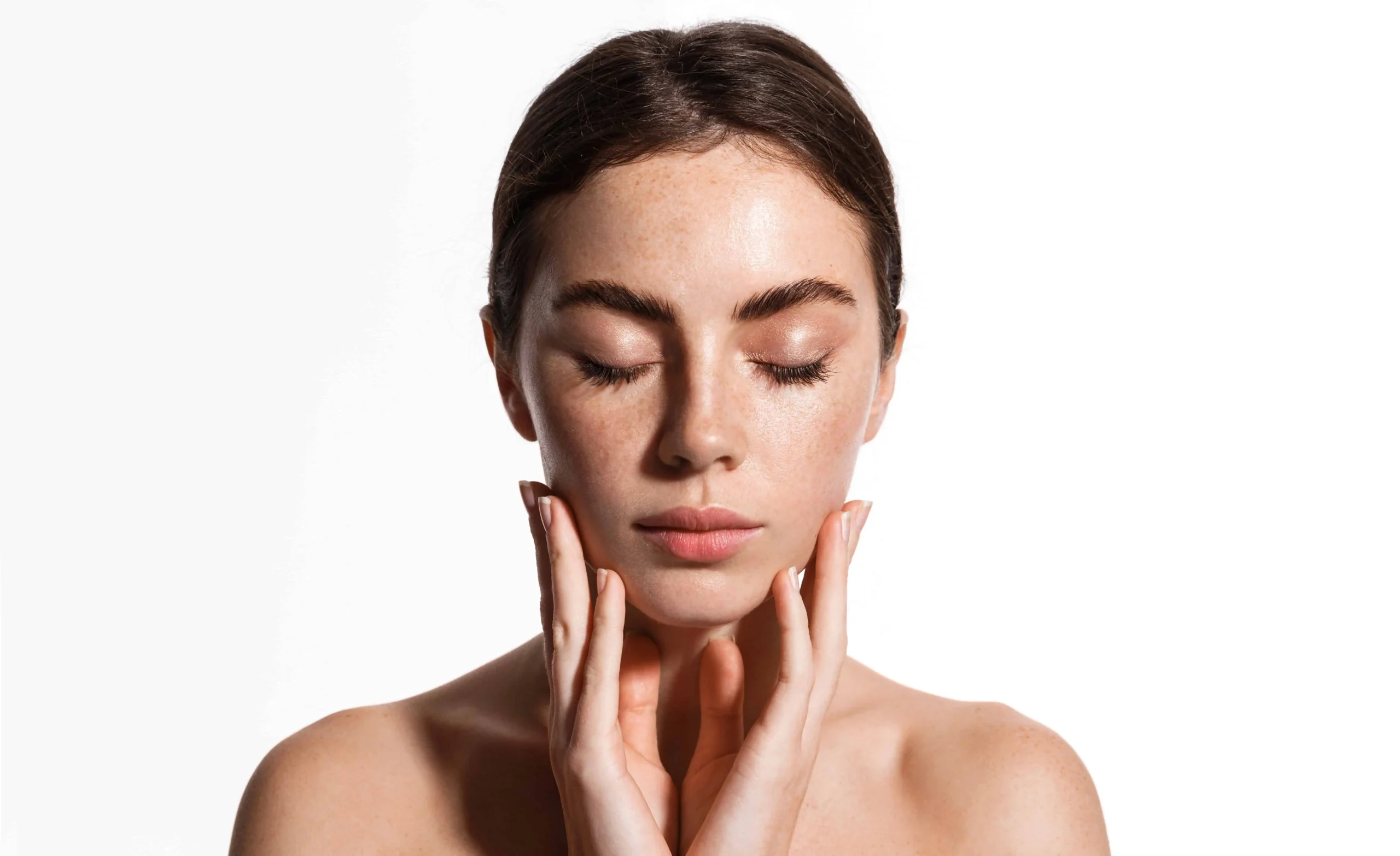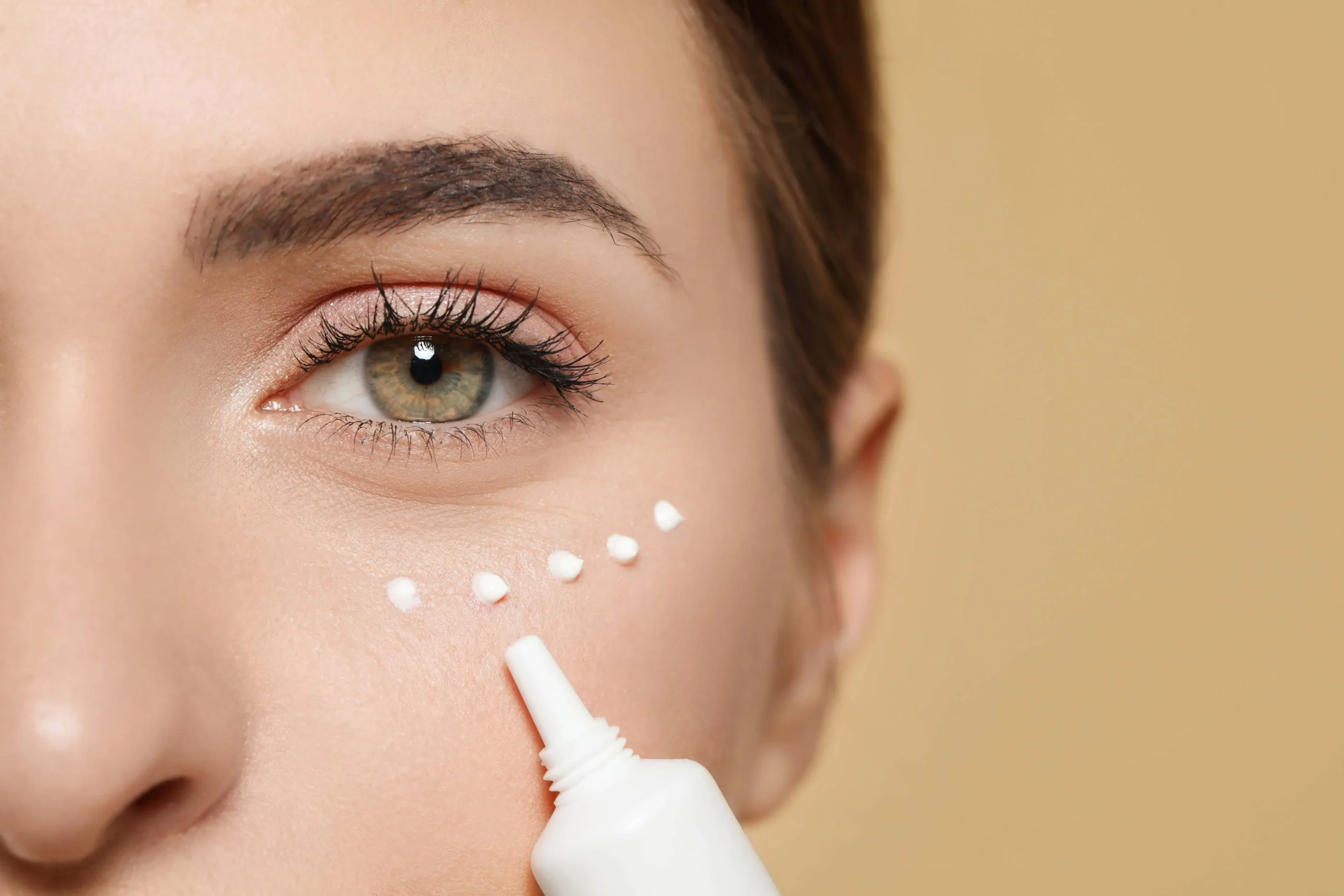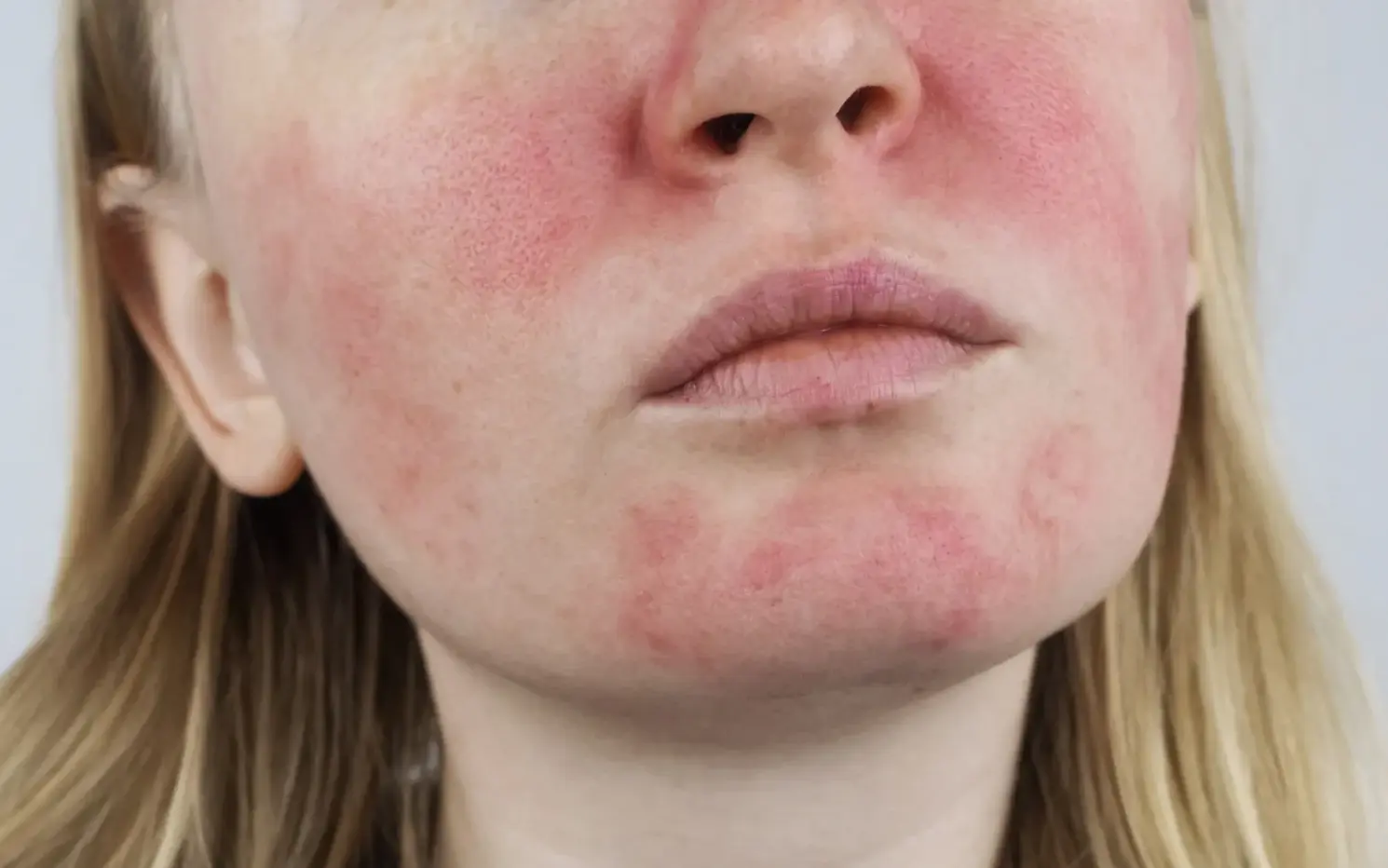Your Post-Filler Questions Answered
You just had your (fill-in-the-blank) enhanced to perfection. You look beautiful and you’re super psyched. Now what? We are here to answer your most common post-dermal filler questions.
When can I apply make-up?
We recommended not touching, rubbing, or massaging the treated area for six hours following your appointment. After that, you can apply make-up. You can also wash the area with a mild cleanser.
How long will the lidocaine last? After that, will I be in pain?
Topical lidocaine and the lidocaine in our fillers, typically wears off 30 minutes to 1 hour after the procedure. After that, you may have mild discomfort which last 1-2 days. If you like, you can take Tylenol every 4-6 hours (not exceeding 4g daily). We recommended temporarily avoiding aspirin and NSAIDS (Advil, ibuprofen, Aleve) which can thin the blood and cause bruising. You can also apply ice to the area for 20 minutes every 4-6 hours following your treatment.
When can I resume exercise?
You can resume regular exercise the next day.
I think I look a little asymmetric, what do I do?
We do our best to prevent this, but you may leave our office feeling one cheek is more prominent or one tear trough is more filled. This can be normal due to swelling. As the swelling subsides over the next few days and the filler absorbs water, this should go away. If asymmetry persists, at your 2-week follow-up we will make adjustments.
How long will be results last?
Depending on the filler, the results can last 6 months to 2 years. Keep in mind, that like neuromodulations (Botox, Dysport, Xeomin), some people metabolize dermal fillers fast than the others so duration of results may vary.
Are your dermal fillers reversible?
Yes, all of the fillers we use at GFaceMD are reversible. This means we can always dissolve your dermal filler if there is a safety concern or if you aren’t happy with the results.
Will I bruise?
We hope not! No one can guarantee you won’t bruise from receiving filler. You are being injected with needles after all! We use the latest injection techniques to help prevent bruising. Additionally, we reduce this risk by asking you to stop taking aspirin, NSAIDs (Advil, ibuprofen, Aleve), St. John’s Wort, and oral Vitamin E 24 hours prior to procedure. If you take an anti-coagulate (blood thinner), we recommended speaking with your prescribing provider prior to your visit.
I get cold sores, how can I prevent a flare?
We recommend taking your prescribed anti-viral medications 24 hours prior to the procedure.
I’m home and I’m concerned about X, Y, and Z. What do I do?
You have questions or concerns, and are not sure what to do. Call us! The GFaceMD team is always here to help!





